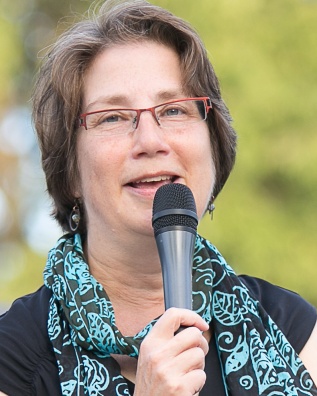
The last profile in this series is here! Meet Betsy Teutsch, author of “100 under $100″
WHAT DO YOU DO?
My day job is as a Judaica artist specializing in Hebrew wedding contracts. Running my own art business made me excited about the potential of microfinance to help women earn better livelihoods. For the last dozen years, I have branched out into a wide variety of interests, focusing on sustainability and women’s empowerment. I now see that we can accomplish both goals at once. Helping women gain access to sustainable green tech will help them improve their lives, health, and financial bottom line. It will liberate a lot of their time for more productive pursuits and it will also decrease carbon emissions and increase forest cover!
HOW DID YOU GET TO WHERE YOU ARE?
I started blogging and writing a monthly column on greening our lives and community. I live in Mt. Airy, a very socially conscious, lefty neighborhood in Philadelphia, USA where these ideas resonate. I eventually decided to launch a second career working in sustainability. For a time I served as Director of Communications for greenmicrofinance.com – their vision was to utilize microfinance to help disseminate green technology. When I learned the impact just one solar panel or improved cookstove can have on a household – literally jumping from the 19th century (cooking over a campfire and utilizing kerosene lamps for lighting) into the 21st century with tech like solar LED lights and cellphone charging – I couldn’t believe people were not talking about this.
I also noticed, over time, that women were insufficiently involved in the whole process of rolling out clean tech – absent from the design process, the market analysis, the financing, and the supply chain straight through to sales. Hence, the products were not well-aligned with what women wanted and needed. I set out to research this disconnect and discovered an incredible array of great tools for low-resource areas, with fabulous female engineers, designers, and social entrepreneurs working to bridge this gap. I began posting images (there’s the artist in me!) on a Pinterest Board and within weeks, I had dozens and dozens. I was wowed by this whole new look at development: women taking charge of their lives. I decided more people need to know all the good work being done, and set out to curate 100 tools under $100 in book form, illustrated with these beautiful full-color photos featuring women at work. And I did!
WHAT IS YOUR ADVICE TO OTHERS WHO ASPIRE TO BE IN YOUR FIELD?
There are many paths in. I say, look around and go through the open door. If one approach doesn’t work, try another. Think broadly. There are 2 billion people living lives devoid of the modern infrastructures we take for granted: electricity, sanitation, health, education, transportation. You can’t solve it, but you can make your own difference!
WHAT MADE YOU WANT TO WRITE 100 UNDER $100?
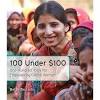
I wanted to share all the cool things I was discovering! The collection is varied and each entry has suggested actionable activities. It is a great resource for:
- Students and educators
- Donors – from microphilanthropists to foundations
- Practitioners, those in a position to implement and tinker with the tools directly
- Activists/do-gooders – people who want to do something beyond financial contribution. That could be volunteering, advocating, doing a collection drive.
Find out more about the book and purchase it here
WHAT DO YOU WANT READERS TO TAKE AWAY FROM YOUR BOOK?
Hope! We know so many ways to help end extreme poverty, and empowering women is a very effective strategy for implementing these solutions.
You can read more about Betsy’s current work at www.100under100.org. You can also follow her on Twitter and Facebook.
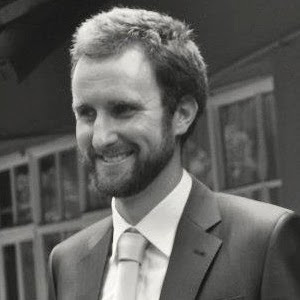
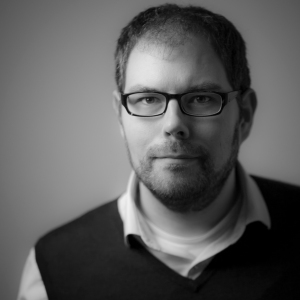

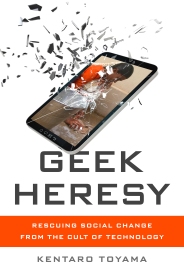
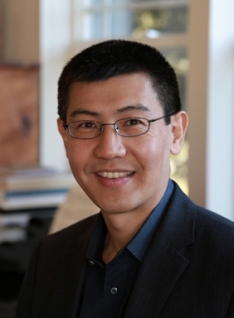

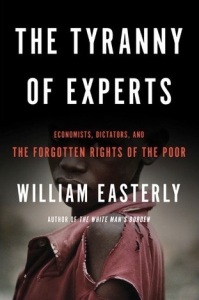
 DARON ACEMOGLU AND JAMES ROBINSON
DARON ACEMOGLU AND JAMES ROBINSON